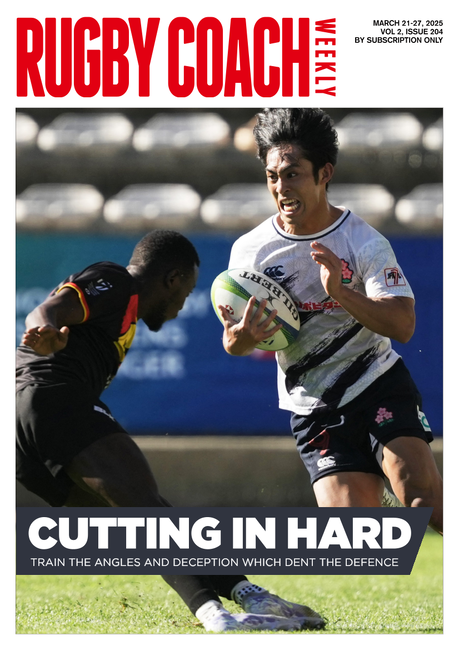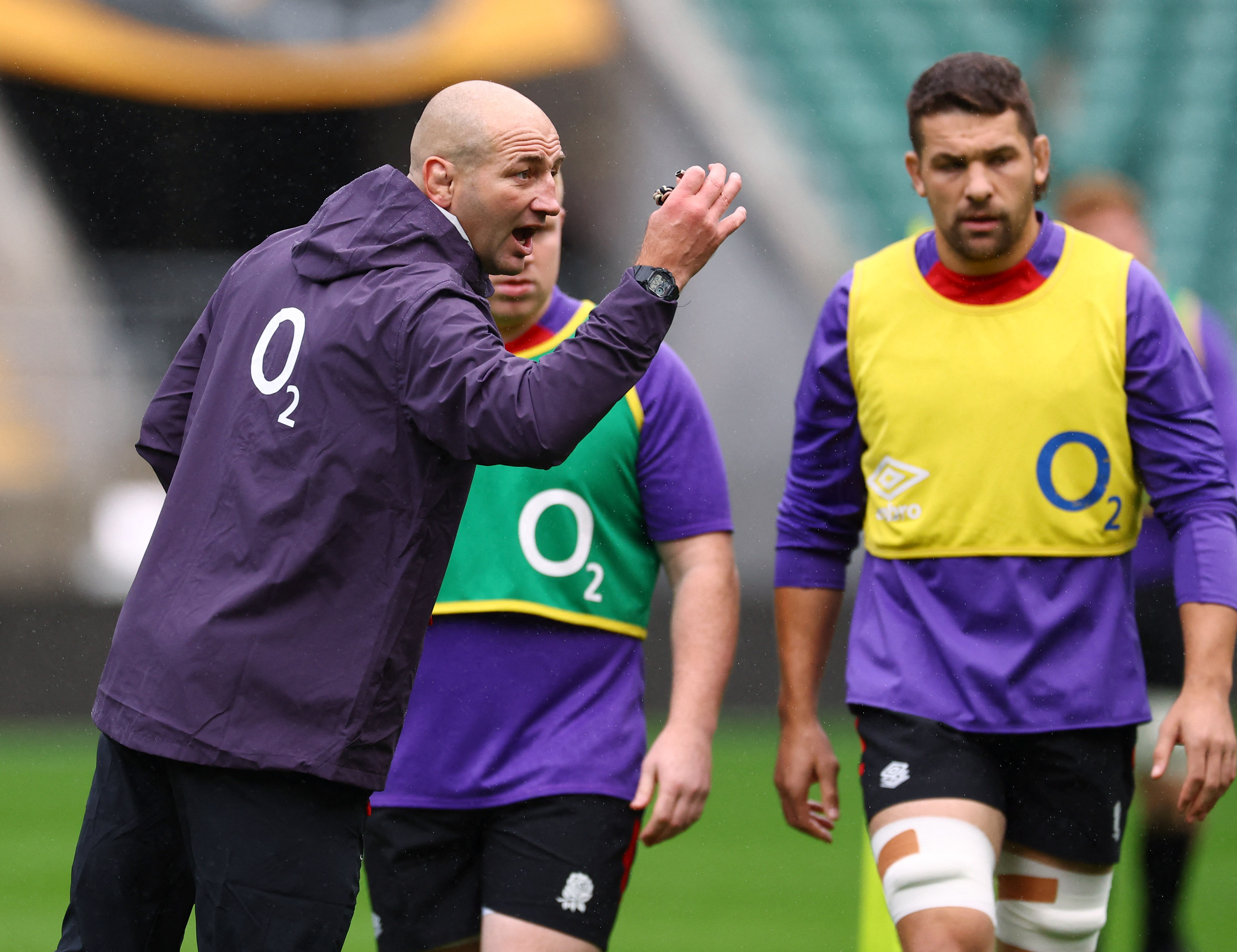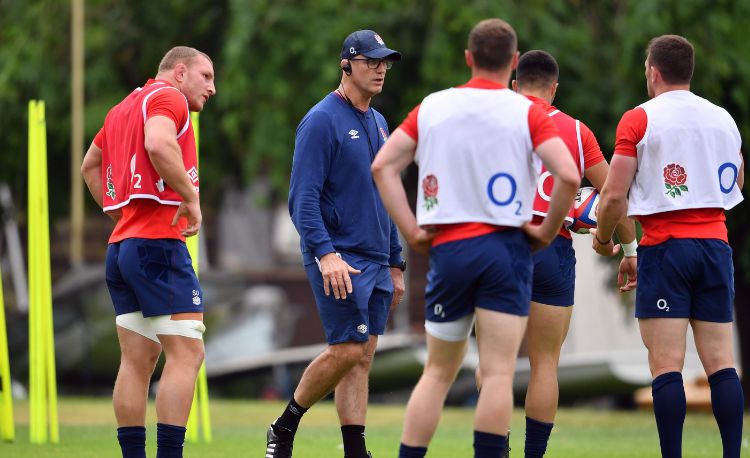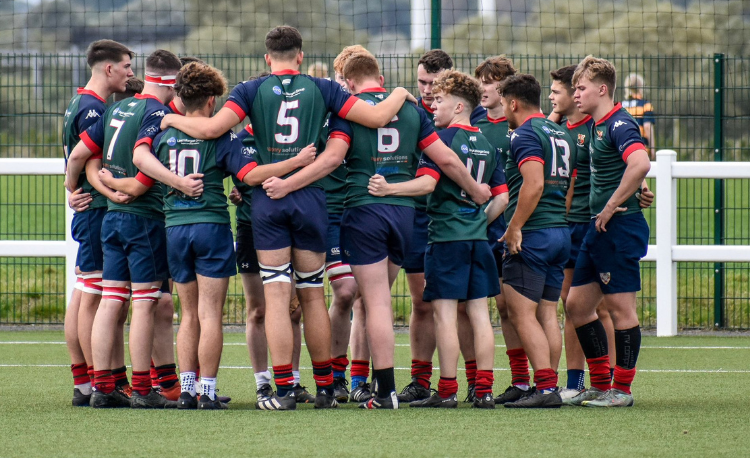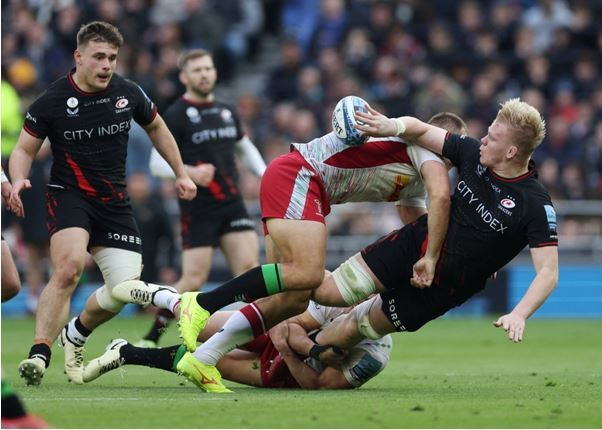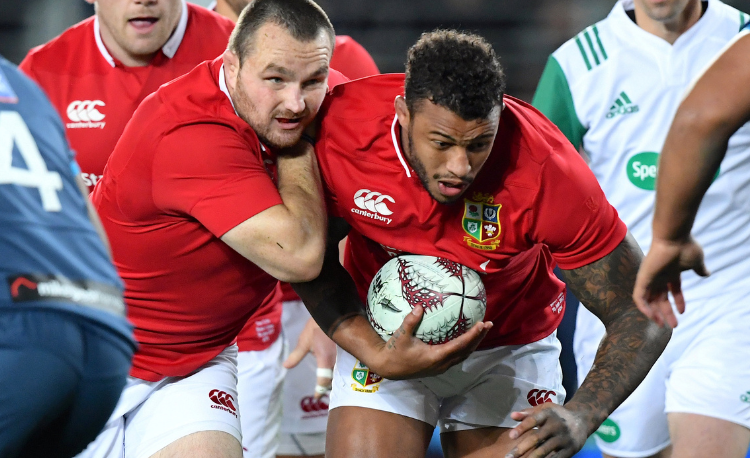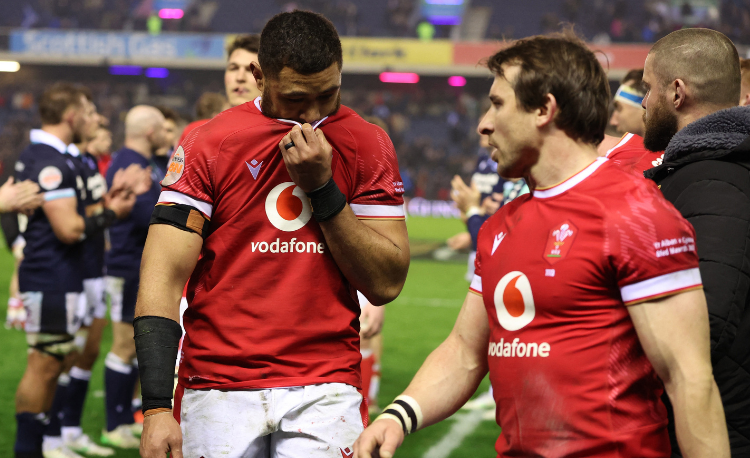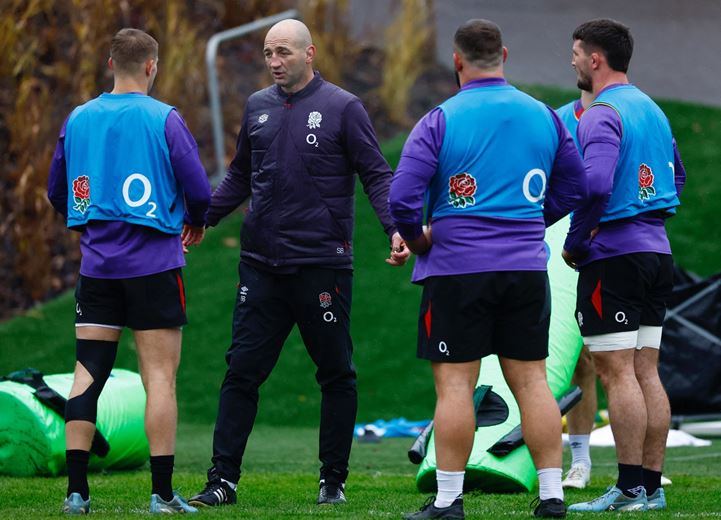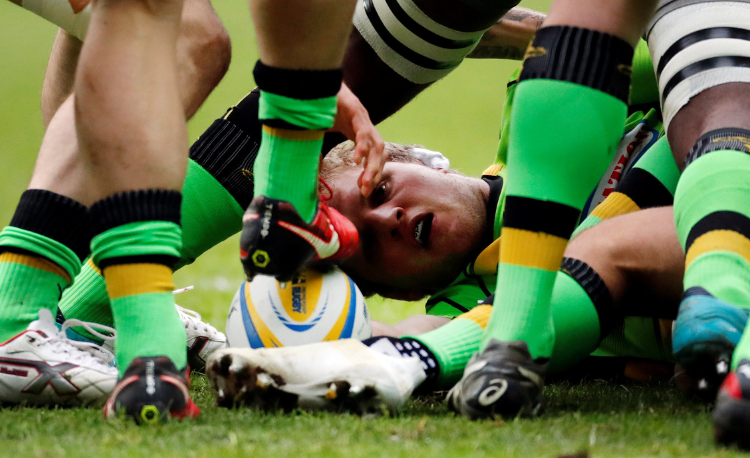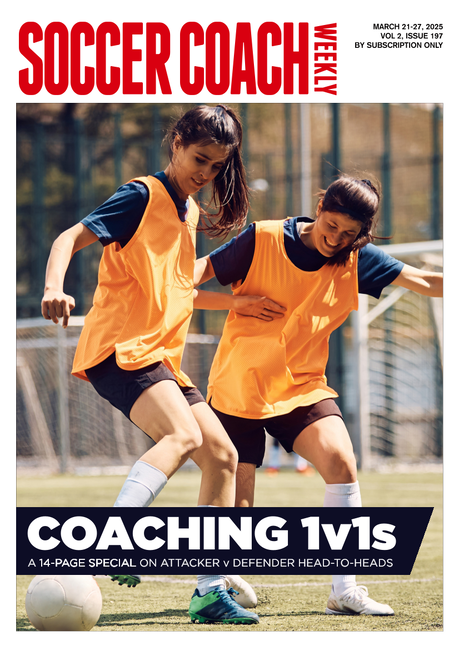Rugby coaching tips to help you coach better
I love coaching rugby. After 25 successful years of rugby coaching, I continue to enjoy the challenges. But my biggest personal challenge is the fear of losing. Conquering that fear makes me work harder.
To me, the key to continued success is looking at myself first when things don't work out for the team.
The perfect performance
When I was coaching with the Maori All Blacks, we beat several international teams including England and Scotland. I believe we achieved close to our perfect performances then. They didn't play badly, we played well. We followed the game plan and scored more than 50 points in each game.
Challenging me first
After every game, win or lose, I look at myself. I am realistic with the players, but I am more concerned with what I could have done differently in the lead up to the game.
I look at two main areas, the physical and mental side of the preparation for the game.
1. Physical preparation
After a game I will consider whether the players were physically in tune for the match. I will look back at sessions during the week, thinking about the intensity we used. This will shape next week’s programme.
This is equally applicable to professional rugby as it is to amateur rugby. Sometimes if the players are tired after the previous weekend’s game, we will reduce the amount of work for the following week.
A week’s heavy training is not going to improve players' rugby fitness in the short term and our players need to recover.
2. Mental preparation
Good mental preparation is about the players understanding the game plan and structures. We have plans put in place to carry out certain functions around the field. For instance, we put down what lineouts we will use in their 22m area and the plays we will use from those lineouts.
After the game I need to question whether these were the right tactics in the circumstances. Did we choose the right options when faced with the opposition? It might be that we did not choose the right plans before the game, or that the players did not carry out the plans.
Adjusting and adapting
You cannot fundamentally change the way your rugby players act in a week, it is a gradual process. You need to have a long-term plan and system in place for the whole season. This then provides the basis for each week's training.
Our working week will have need some kind of adjustment given what has happened in the last game. I call these "work-ons", a section of the week in which we address problems from previous matches.
Continuously fixing the plan
The plan is rarely perfect. But I always strive for perfection, so despite whether we won or not, I will examine the plan vigorously. I expect my players to do the same.
We ask ourselves what worked and what didn’t, and which parts of the plan did we not execute.
If a player decides to take options that were not part of our plan, there is a chance he won’t be playing next week. I am not afraid to drop the best players either.
This is no way reduces the belief in flair. Rather, we set out structures to create opportunities for flair, based on the strengths of the team and the style of the opposition.
Why do you play the game?
One of my daily challenges in running a professional team is keeping the players focused. The holiday period is an especially hard time to maintain the right mental attitude. I continually set goals for them to achieve. I also ask them why they are playing the game. It is not always a question they can answer, but it certainly makes them consider their personal goals and ways of improving.
Click the link to subscribe to International Rugby Coaching. This monthly journal is ideal for professional, semi-professional, senior, aspiring and experienced rugby coaches.
Click the link for rugby coaching tips to help you evaluate match performance.
Newsletter Sign Up
Coaches Testimonials
Subscribe Today
Be a more effective, more successful rugby coach
In a recent survey 89% of subscribers said Rugby Coach Weekly makes them more confident, 91% said Rugby Coach Weekly makes them a more effective coach and 93% said Rugby Coach Weekly makes them more inspired.
Get Weekly Inspiration
All the latest techniques and approaches
Rugby Coach Weekly offers proven and easy to use rugby drills, coaching sessions, practice plans, small-sided games, warm-ups, training tips and advice.
We've been at the cutting edge of rugby coaching since we launched in 2005, creating resources for the grassroots youth coach, following best practice from around the world and insights from the professional game.


